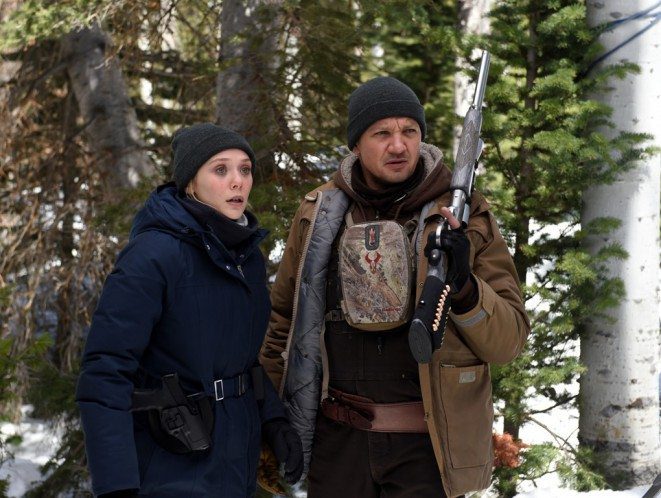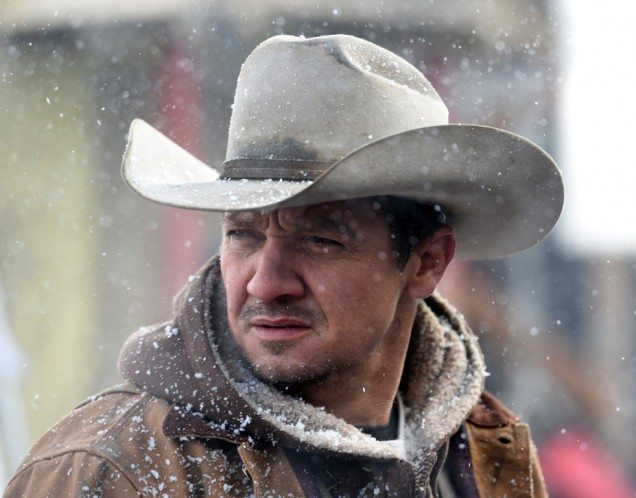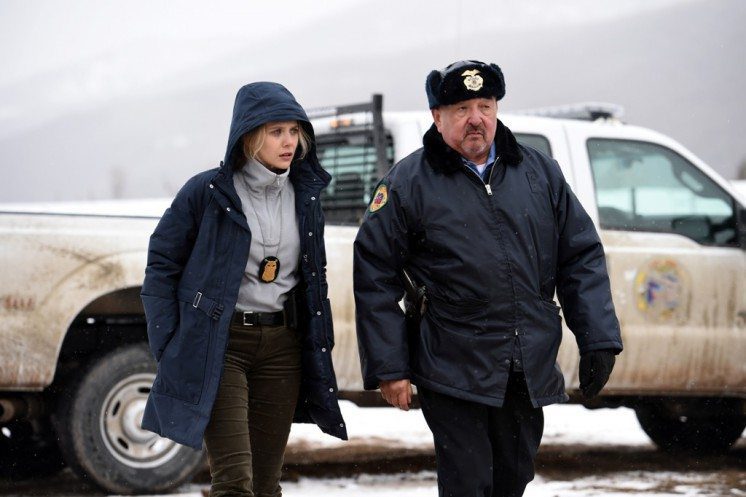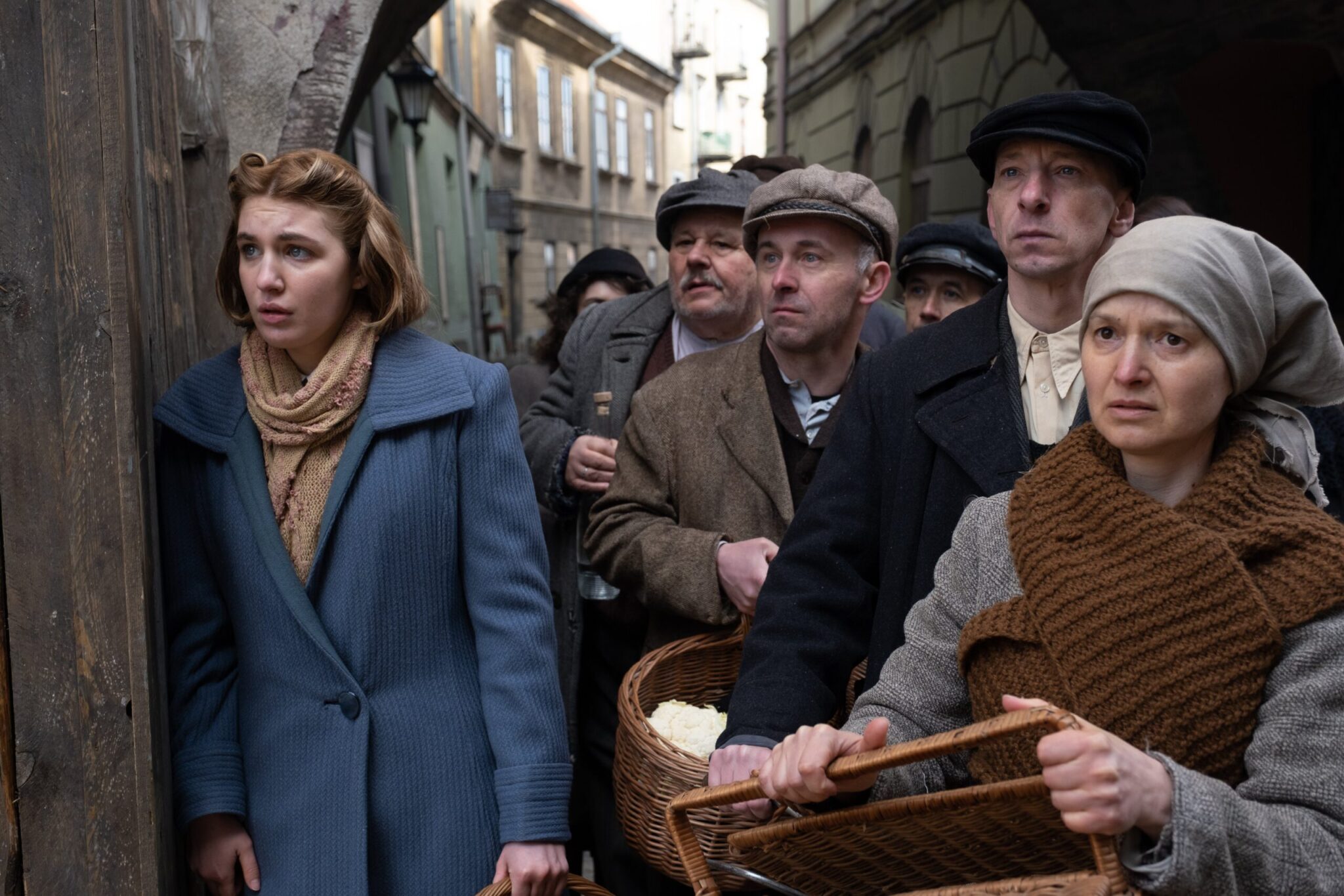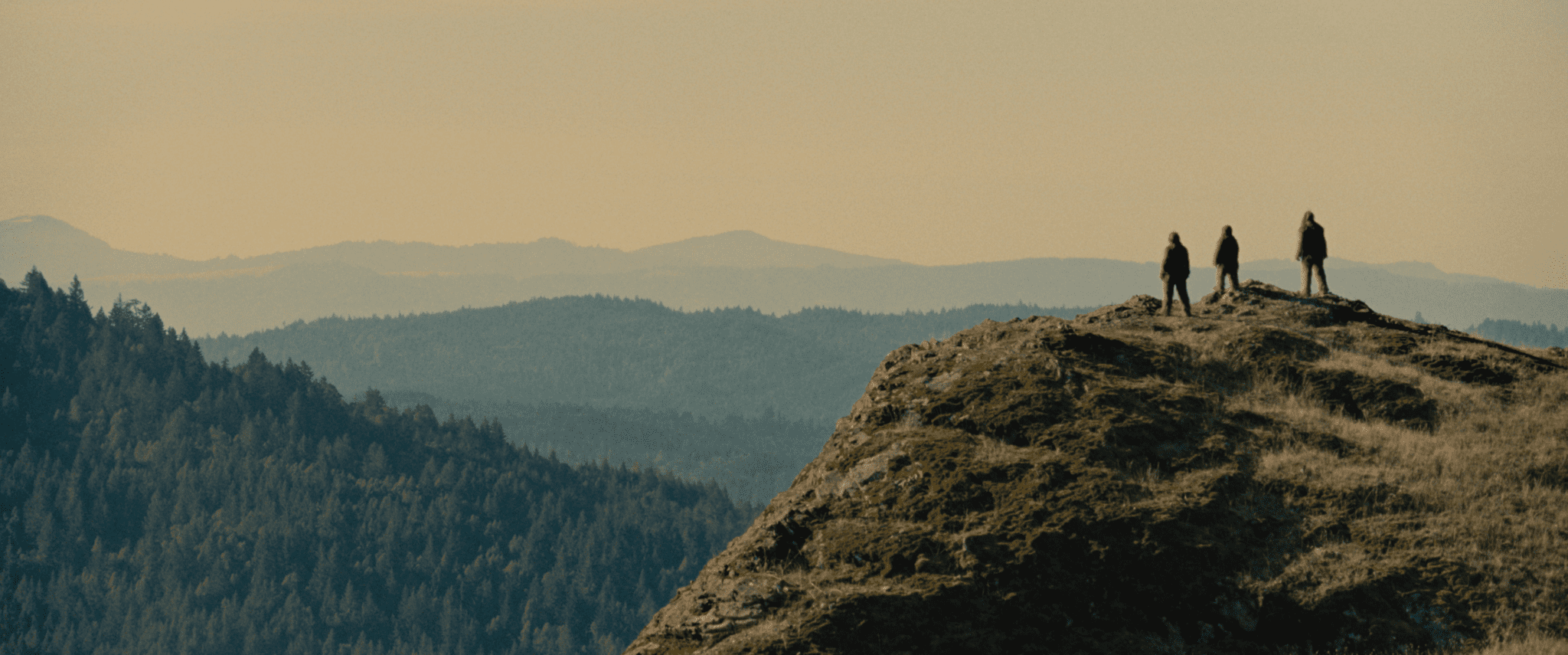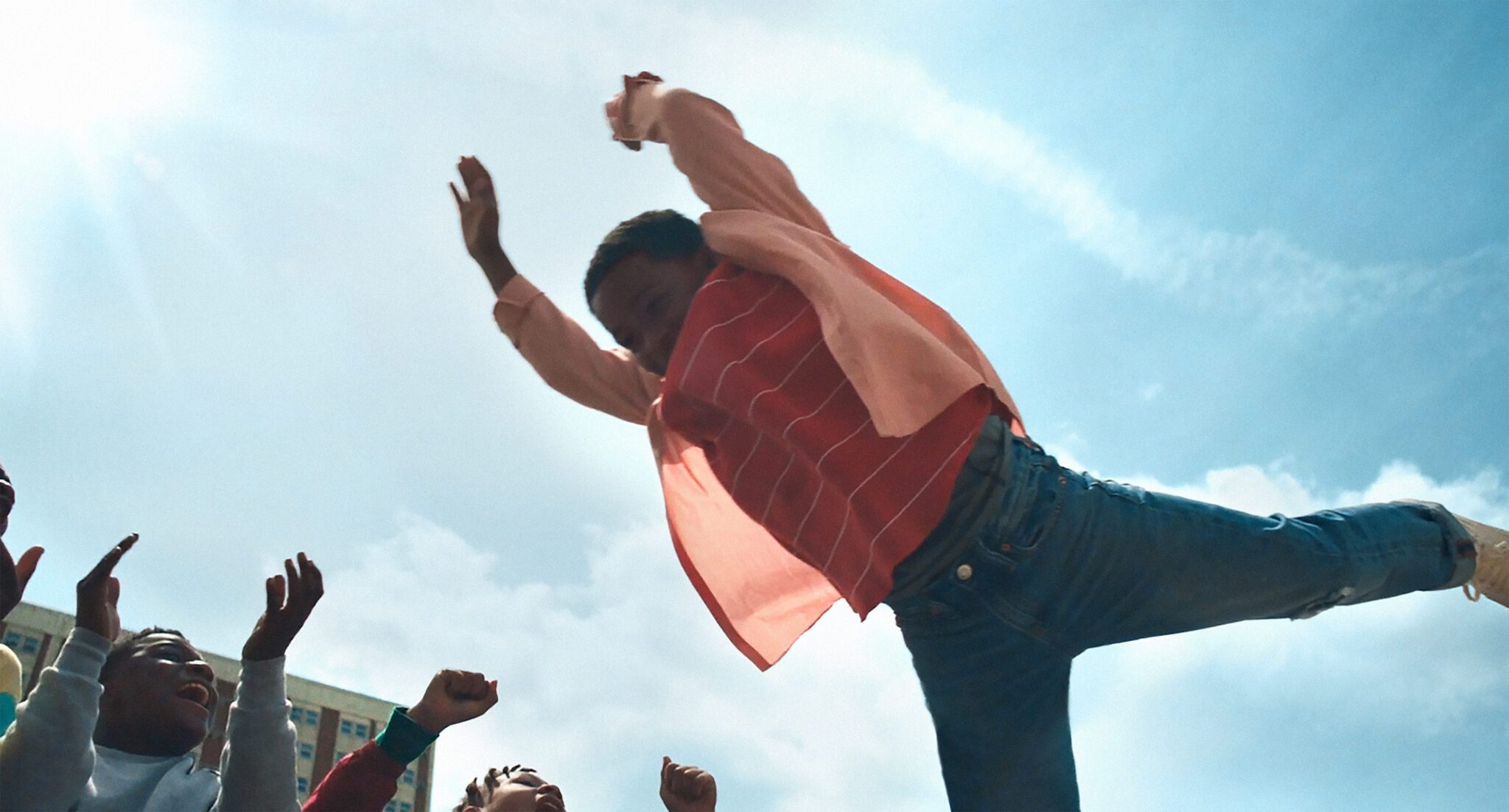The modern American frontier has been a subject that Taylor Sheridan has been coming to from different angles in recent films. Wind River represents his ?conclusion of a thematic trilogy? that includes Sicario and Hell or High Water. Three very different films, but each considers the discrepancies between the myth of the American West and the realities of modern America. In Wind River he confronts us with what he calls ?America?s greatest failure?the Native American reservation.?
When professional hunter/tracker Cody Lambert (Jeremy Renner) discovers a young Native American woman?s body in the snow, he becomes involved along with the Reservation police chief (Graham Greene) and rookie FBI agent Jane Banner (Elizabeth Olsen) in the murder investigation. Cody has personal connections on the reservation and a history of a murdered daughter that haunts him. He is not the law. His interest is not so much an arrest as justice?perhaps even personal satisfaction and revenge.
The film concentrates on the dark side of life on the reservation: drug addiction, hopelessness, poverty, exploitation by corporations and whites. Yet it also points to the humanity that is seen even amidst the suffering. That is especially true with Cody?s interactions with the victim?s father (Gil Birmingham) as they share the pain of grieving.
But it is also heavy with the dark side of humanity. This is a film that is filled with flawed men and women. That is not to say there is no nobility demonstrated, but even when that appears, it is tinged with anger and revenge. The film seems to see humanity as basically deprived, that only rarely rises about our animal nature to act more virtuously.
Since this is part of Sheridan?s American Frontier trilogy, what does this film say about his view of the modern American life and the underlying myth of the American Dream? All three of the films deal with different aspects of the flaws in our society: violence, the inequality of wealth and power, exploitation and victimization. There is something of a prophetic voice in the films that calls us to pay attention to the sinfulness of our culture?not so much in our actions as in what we are willing to overlook all around us.
Yet, taken as a whole, they do offer a glimpse of hope that perhaps we can overcome these flaws that the films show as systemic to our culture. There are people who are not satisfied with society?s problems going unaddressed. Perhaps the ways they choose to address those issues may be equally as flawed, but they still are working toward an ideal of justice. It is that absence of justice which represents the trilogy?s greatest indictment against American culture.
Photos courtesy of The Weinstein Company

